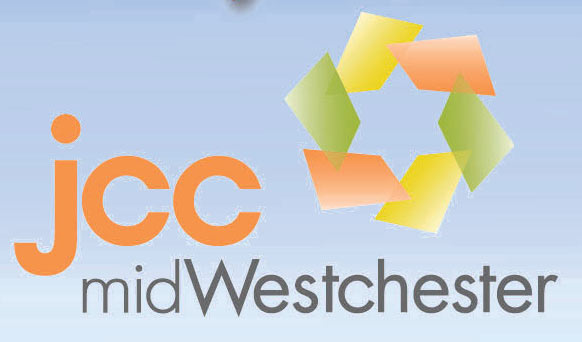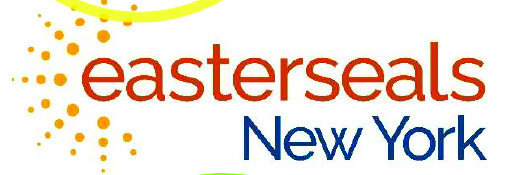
Here’s How Proposed Medicaid Cuts Will Affect Your Child with Special Needs
Proposed changes and cuts to the state’s Medicaid budget will be enacted after the pandemic emergency is over.
Get can’t-miss family activities sent to you!
Get the Best Family Activities
RELATED: What Do You Wish People Knew About Autism?





